#WordPress #Drupal #Joomla #Magento #Wix #CMS #Website
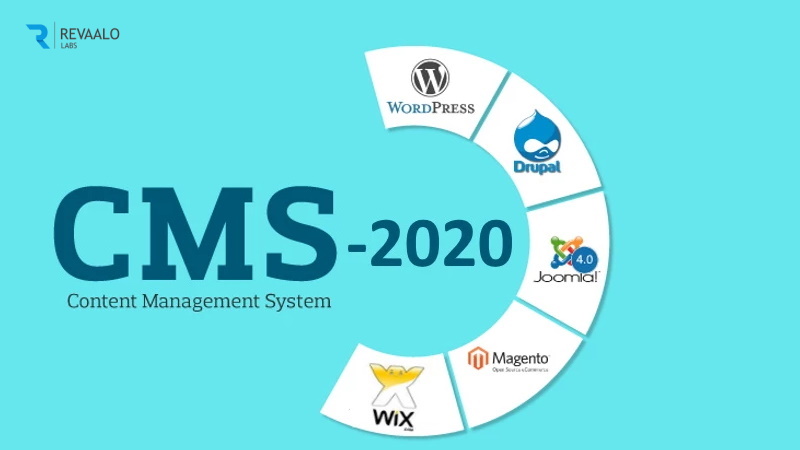
Content management system (CMS) is a set of tools that helps develop, design, organize, update, and publish information online. A CMS (Content Management System) platform lets you easily create a website without understanding any code (at least for most of them). There are lots of CMS options available, which means you might struggle to choose the best CMS for your needs.
A CMS web presence allows you to manage your website despite not having any technical knowledge, HTML experience or website design. Even just a little experience with Microsoft Word would equip you with the basic knowledge of its navigation.
Why does CMS require?
The worth solution for a web administrator to modernize the web application on the daily base is CMS. It was quite tough to manage routine changes from the developer repeatedly.
Here is a list of five CMS platforms that you can install as your own host with a description on its strengths of what it can do for your website.
1. WordPress:

WordPress started its journey in 2003 as a simple blogging platform. It became so popular both to users and developers within a short period of time. WordPress is our number one choice for the best CMS platform. With over 18 million installations, 54,000 extensions, and thousands of templates, WordPress holds 60% of the CMS market worldwide, outpacing its closest contender by the factor of 10.
WordPress becomes very used in the world because it includes many benefits .
NOTE: We are referring to WordPress.org here. This is not to be confused with WordPress.com, a less robust version of WordPress which does not require you to acquire hosting. Here’s the difference between WordPress.org and WordPress.com.
2. Drupal:
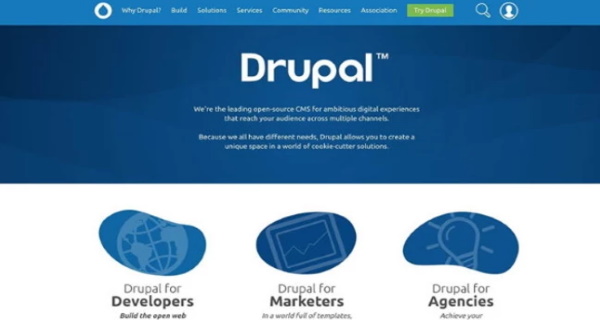
Not so different from Joomla, Drupal is a bit more flexible and secured. Also a free and open source, Drupal comes with plugins that tend to be the same while Joomla has a lot of paid plugins. There are more than 1.5 million websites running on Drupal including GE, NBC, and the official website of Harvard University..
Why is Drupal so popular?
Drupal is written in the PHP language and provides a back-end framework. At least 2.3% of websites across the world, such as personal blogs, government, and political sites are powered by Drupal.
Drupal has many benefits and advantages.
3. Joomla:

Joomla is an easy-to-use CMS that comes with an intuitive dashboard. And there are many third-party integrations available for setup. Joomla is powerful because you can do almost anything with e-commerce site but then there’s are many setting and tweaking involved to get it running; hence, if your site is more than a blog that has major text content and a YouTube video, Joomla works best. With over 5% of the CMS market (2+ million installations) and over 7,000 extensions, Joomla is the second most popular open source CMS beloved by US-based companies.
Similar to WordPress, Joomla! will accommodate any type of business website, no matter how big or small.
4. Magento:

Magento is one of the best e-commerce platforms in terms of peculiarities, security, and support. It is one of the best for building e-commerce stores, and the good thing is that it is free. With over 250,000 installations, Magento is the ultimate solution for 12% of the runninge-commerce websites.
Magento platform is very reliable for managing web pages and daily updates by an administrator and gathering the data.
Why?
Because it offers more options and features.For example.
5. Wix:

Wix achieved the reputation of the most easy-to-use CMS platform in the Web. Wix is a cloud-based web development platform which lets you create HTML5 and mobile-optimised websites easily. Wix’s drag and drop interface makes it really easy to create pages that look just how you want. You can select any part of your page and start editing it.There are lots of pre-made templates you can choose from in Wix. These are fully responsive, so they look great on mobiles and computers.
Wix is best suited for solo-entrepreneurs or small businesses of any type; however, its eCommerce and blogging capabilities are lacking compared with those of Shopify and WordPress, respectively.
Wix has many benefits and advantages:
Connect with Revaalo labs your one stop solution for Digital Transformation needs.

One of the most critical decisions website developers must make is deciding what unit of measurement to use when sizing elements, fonts, and other design properties.
Read more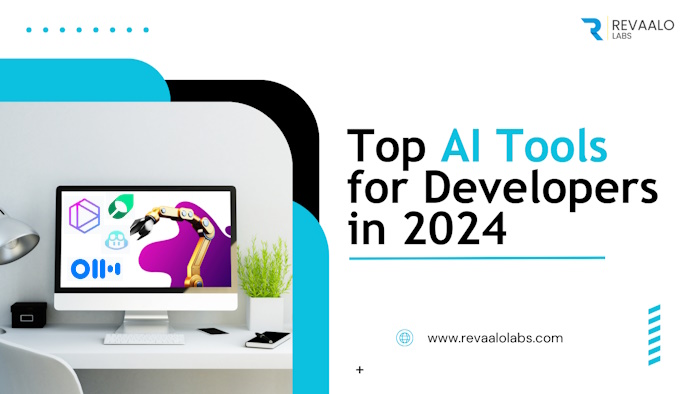
It`s an amazing technology-one that will help us solve society`s toughest problems and reshape the world.
Read more13
December

Today, web browsers play a significant role in our lives, providing us with access to a world of information and possibilities.
Read more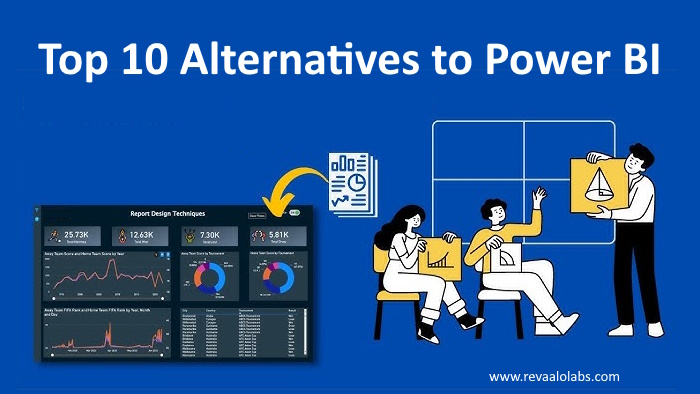
Power BI is a popular business intelligence tool developed by Microsoft for data visualization and analysis. While Power BI is a robust solution, there are several alternatives available that cater to different needs and preferences.
Read more09
October
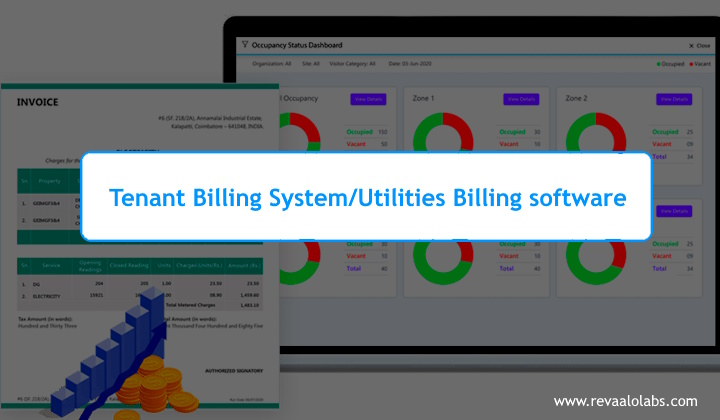
Tenant billing systems are software solutions used by property owners, managers, and landlords to accurately bill tenants for their usage of utilities and services.
Read more